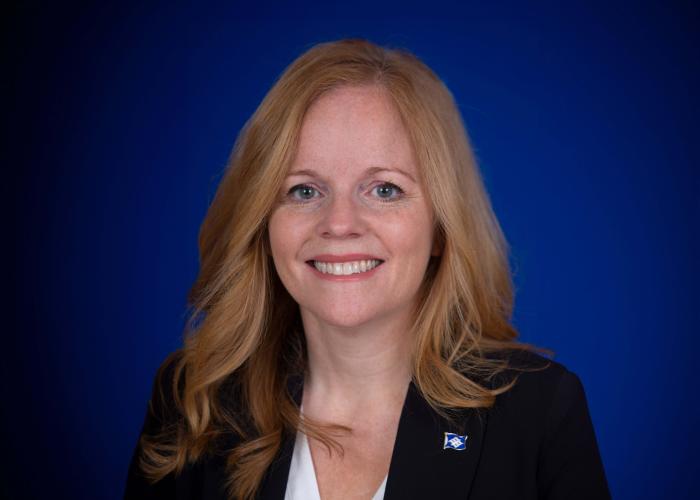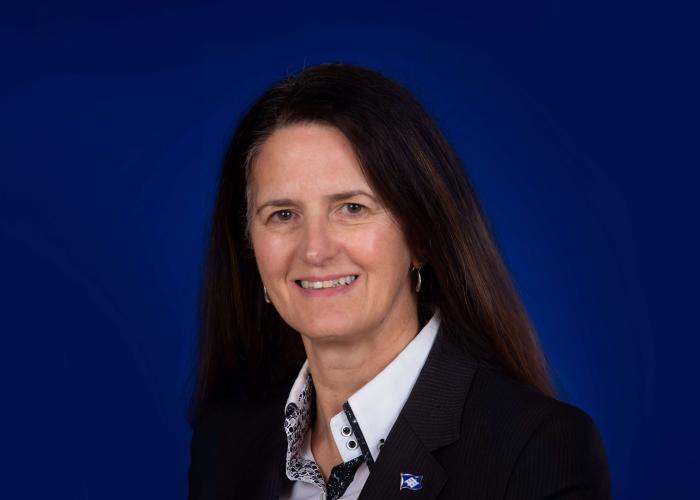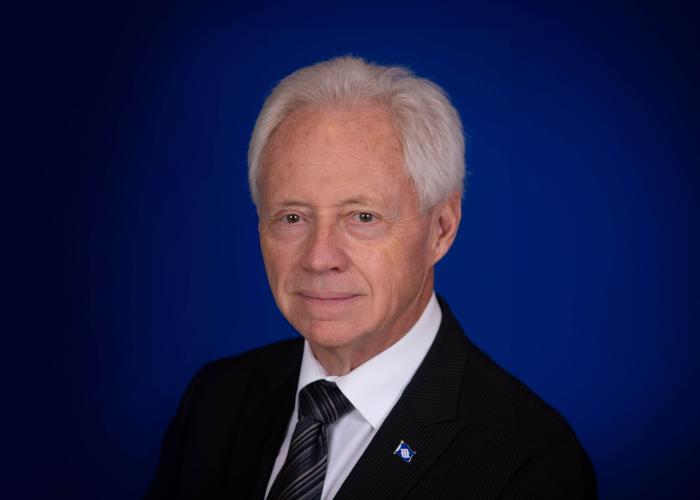Policies and Mandate
Marine Atlantic’s Board of Directors provides the overall policy direction for the Corporation. The mandate for this 10-person group is broadly defined within Section 109 of the Financial Administration Act (FAA), which states that the Board is charged with overseeing the direction of Marine Atlantic’s business activities.
The Corporation
The Corporation’s Board governs the operation of Marine Atlantic Inc. within a strict regulatory environment. The FAA, the Marine Atlantic Inc. Acquisition Authorization Act, and the federal government’s National Marine Policy dictate a framework for the Corporation’s affairs. In tandem with this legislation, Marine Atlantic’s articles of incorporation, by-laws and mission statement guide the Board and management in their decision making. The National Marine Policy also provides additional direction as it dictates that Marine Atlantic focus on providing the ferry service, as the Corporation is not entitled to consider expansion into other business enterprises.
The Marine Atlantic Board has four standing committees that undertake primary diligence on items within their areas of responsibility. Board members are assigned to specific committees. These are: the Audit Committee, the Governance, Risk and Strategy Committee, the Human Resources, Health, Safety and Environment Committee, and the Pension Management Committee.
Board of Directors
The Board operates by delegating certain responsibilities to management, and reserving certain powers for itself.
The Board’s principal duties fall into the following categories:
- Adoption and monitoring of strategic and business planning processes and plans;
- Appointing, monitoring, and compensating executive management, excluding the President and CEO;
- Monitoring and evaluating the performance of the CEO and making recommendations based on this evaluation to the shareholder;
- Overseeing the management of enterprise risk;
- Establishing and upholding MAI’s integrity, ethics, and social responsibility;
- Overseeing the integrity of the system of internal control and management information;
- Providing for effective communication with stakeholders;
- Establishing and maintaining effective governance practices.
Board Members

Gary O’Brien (He/Him)
Chair - Board of Directors
Chair - Corporate Governance, Risk and Strategy Committee
Audit and Finance Committee Member
Innovation and Infrastructure Committee Member
Human Resources Committee Member

Murray Hupman (He/Him), President and CEO
Ex-officio member of the Board
Innovation and Infrastructure Committee Member
Corporate Governance, Risk and Strategy Committee Member
Human Resources Committee Member

Carla Arsenault (She/Her)
Chair - Innovation and Infrastructure Committee
Corporate Goverance, Risk and Strategy Committee Member

Catherine Lynn Kendall (She/Her)
Audit and Finance Committee Member
Human Resources Committee Member

Owen Fitzgerald (He/Him)
Audit and Finance Committee Member
Innovation and Infrastructure Committee Member

Craig Priddle (He/Him)
Chair - Audit and Finance Committee
Corporate Governance, Risk and Strategy Committee Member

Ann-Margaret White (She/Her)
Audit and Finance Committee Member
Human Resources Committee Member

John Butler (He/Him)
Innovation and Infrastructure Committee Member
Human Resources Committee Member

Randolph Drover (He/Him)
Audit and Finance Committee Member
Human Resources Committee Member

Jennifer Warren (She/Her)
Audit and Finance Committee Member
Human Resources Committee Member
Board Skills, Knowledge, and Experience
As a whole, the Board of Directors should include individuals who possess a strong mix and balance of skills, knowledge and experience. The specific skills and experience expected to comprise the Board, but not necessarily in each individual director, include the following areas:
Human Resources: Extensive experience and expertise in managing the human resources and labour relations functions of a corporation.
Finance: Financial expertise and experience to provide the skill required for the Audit Committee requirements (i.e. CA or equivalent).
Public, Government and Stakeholder Relations: An understanding of government functions and public policy considerations. The ability to understand and take the interests of different stakeholders including customers into account in the decision making process.
Transportation and Marine Industry: An understanding of vessel management and marine operations. Knowledge and understanding of transportation industry, including trucking, and an understanding of tourism and hospitality operations.
Knowledge of local communities where Marine Atlantic operates is an asset. These communities include: Port aux Basques and Argentia, Newfoundland and Labrador, and North Sydney, Nova Scotia.
Executive Team

Murray Hupman (He/Him)
President/Chief Executive Officer (CEO)

Colin Tibbo (He/Him)
Chief Information Officer (CIO)

Patti Merrigan (She/Her)
Vice President, Human Resources

Shawn Leamon (He/Him)
Vice President, Finance

Jacqueline Penney (She/Her), Q.C.
Corporate Counsel/Corporate Secretary

Darrell Gallant (He/Him)
Vice President, Operations


